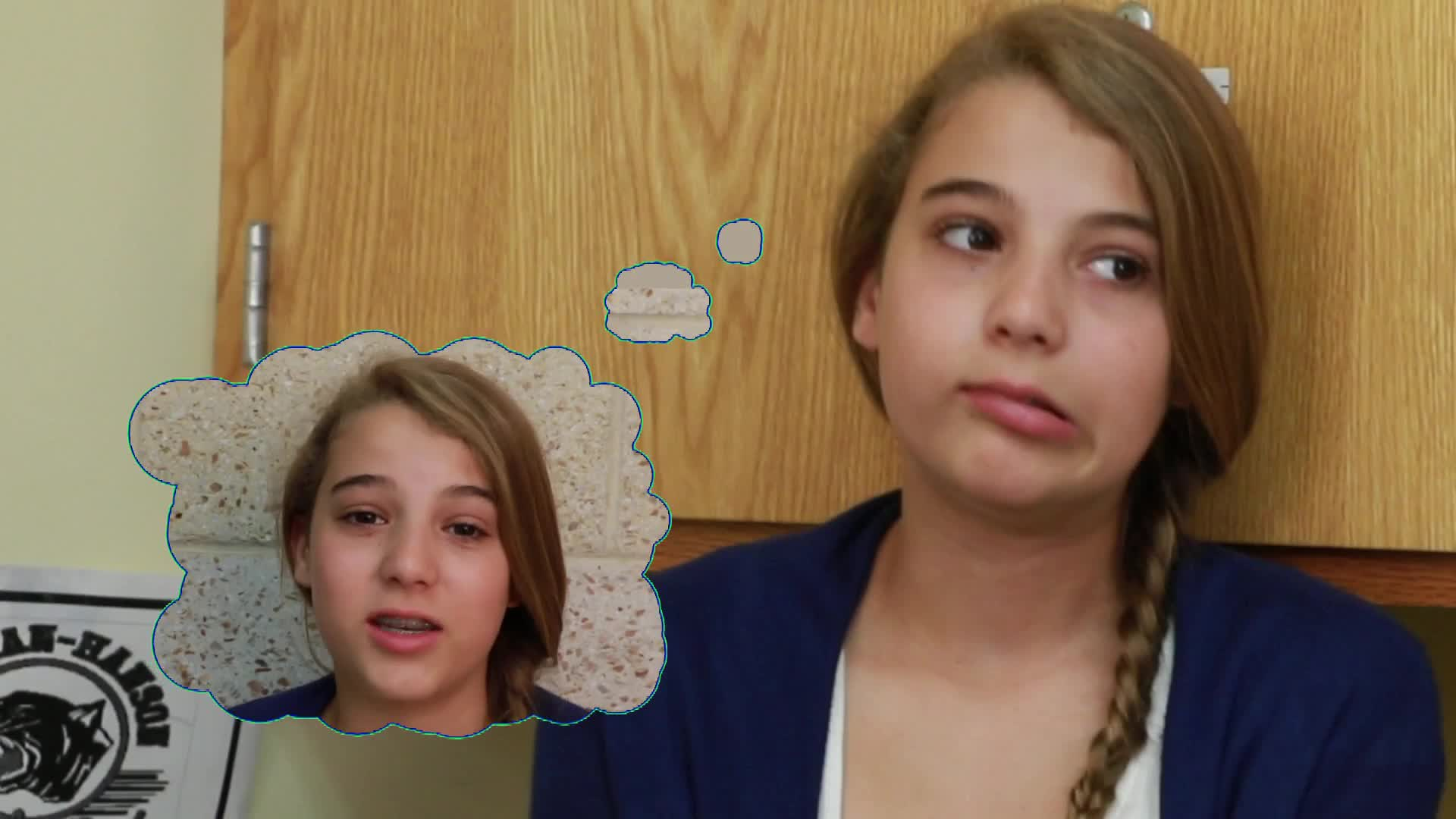
Introduction
Conversations are the foundation of human connections. For students in special education, developing strong conversational skills is vital to foster meaningful relationships with their peers. This blog post will explore activities and strategies that educators can use to help students improve their ability to engage in conversations by focusing on topics that interest others.
No-Prep Activity: The Interest Detective
This simple, no-prep activity encourages students to pay close attention to their peers and identify potential conversation topics based on their interests. Here’s how it works:
- Divide the students into pairs or small groups.
- Ask each student to observe their partner(s) closely and identify any visual clues that might suggest their interests (e.g., clothing, accessories, or personal items).
- Have the students share their observations with their partner(s) and discuss whether they correctly identified their interests.
- Encourage the students to engage in a conversation about the identified interests, focusing on asking questions and actively listening to their partner(s).
This activity not only helps students practice their conversational skills but also fosters empathy and understanding by encouraging them to consider the interests of others.
Discussion Questions
After completing the Interest Detective activity, use the following discussion questions to stimulate further conversations and reflection:
- How did you feel when your partner(s) correctly identified your interests? How about when they were incorrect?
- What challenges did you face when trying to identify your partner’s interests? How did you overcome them?
- How can focusing on the interests of others improve the quality of our conversations?
- Why is it important to develop strong conversational skills? How can they help us in our daily lives?
Related Skills
Developing strong conversational skills is just one aspect of Social-Emotional Learning. Other related skills that can benefit students in special education include:
- Active listening: Teach students to listen carefully and attentively to their conversation partners, demonstrating understanding and empathy.
- Asking open-ended questions: Encourage students to ask questions that require more than a simple “yes” or “no” answer, promoting deeper conversations.
- Taking turns in conversation: Help students understand the importance of giving others the opportunity to speak and share their thoughts and feelings.
- Non-verbal communication: Teach students to recognize and interpret body language, facial expressions, and tone of voice to gain a better understanding of their conversation partners.
Next Steps
By incorporating activities like the Interest Detective and focusing on related skills, educators can help students in special education develop strong conversational abilities that will serve them well throughout their lives. To access free sample materials that can support your students’ growth in these areas and more, visit Everyday Speech and sign up today!

